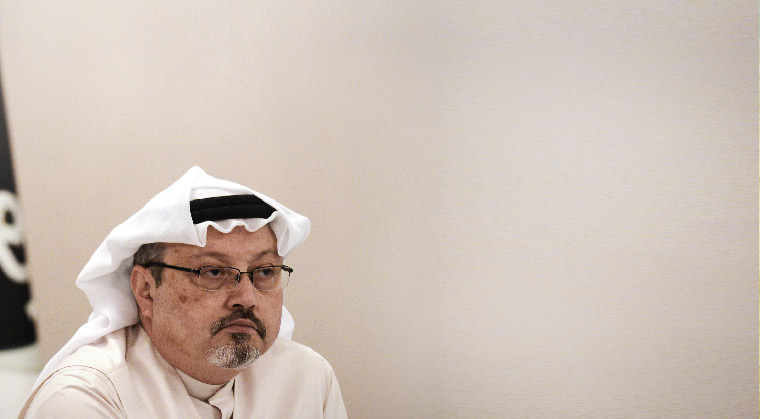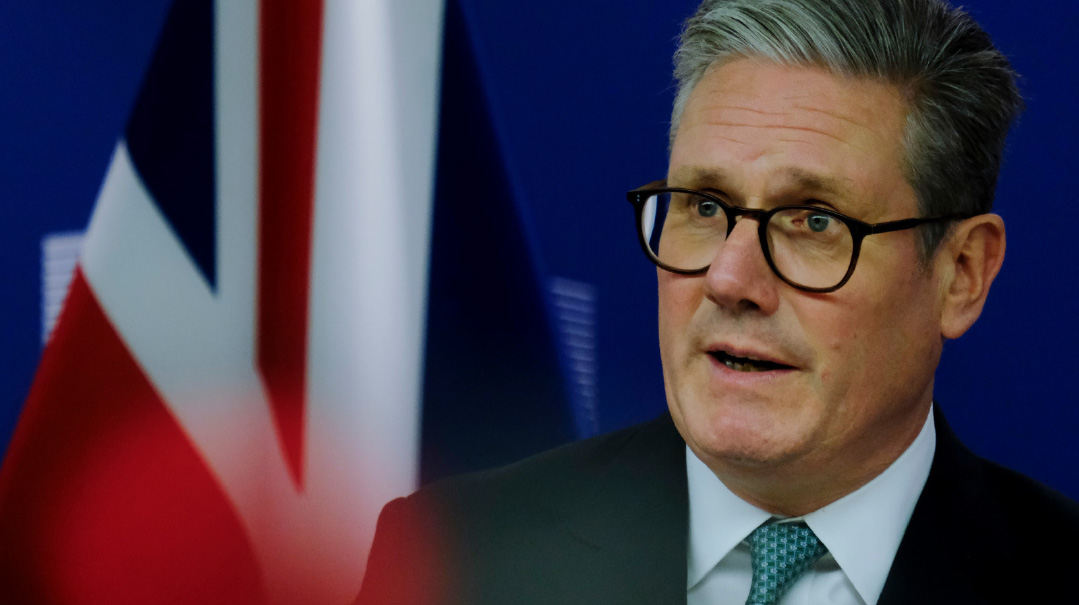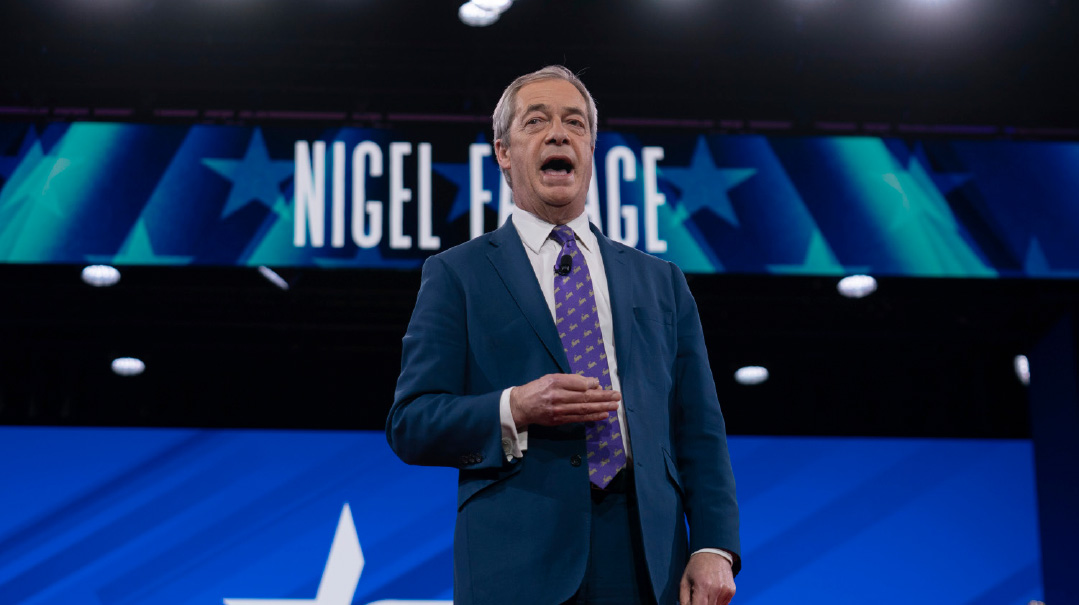Murder in the Embassy


The suspected killing of a prominent Saudi journalist in Saudi Arabia’s embassy in Turkey has plunged the two countries into a diplomatic crisis, and cast a cloud over Crown Prince Mohammad bin Salman’s links with the US and Europe.
Security camera footage shows Washington Post columnist Jamal Khashoggi, a member of the Saudi elite who had become a high-profile critic of the crown prince, entering the Saudi Arabian embassy in Istanbul on October 2. His Turkish fianc?e waited for him outside for hours, and alerted police the next day that he had not emerged.
Turkey says that Jamal Khashoggi was tortured, murdered, and then dismembered by a 15-strong squad flown in that day from Saudi Arabia. But Prince Mohammad, known as MBS, has denied the ghoulish allegations, saying that Khashoggi came out after a few minutes. In recent days the Saudi interior ministry called the accusations “outright lies,” but has significantly failed to produce any alternative explanation for the journalist’s disappearance.
The Khashoggi case highlights the growing tension between Turkey and Saudi Arabia. This dates back to Saudi support for the 2013 ouster of Mohamed Morsi’s Muslim Brotherhood government in Egypt, which outraged Turkish president Erdogan as a Brotherhood supporter. (European press reports have revealed that Khashoggi himself supported the Muslim Brotherhood, and as a former Saudi intelligence operative, he had personal dealings with Osama bin Laden.) The Saudis accuse Turkey of protecting regional foe Qatar through their military base there, and in March MBS referred to Turkey as part of a “triangle of evil” alongside Iran and Islamic extremists.
Khashoggi’s disappearance coincides with the release of Andrew Brunson, an American pastor held in detention by Turkish authorities, who accused him of spying. In August the Treasury Department leveled sanctions against Turkey’s interior minister to pressure Erdogan’s government. On Friday a Turkish court released Brunson from house arrest, and he flew to meet President Trump in the White House the next day.
Commentators were quick to draw a link between the two cases, seeing Brunson’s sudden release as part of an agreement between Erdogan and Trump to pressure the Saudis. Trump himself denied any connection, and according to Dr. Hay Eytan Yanarocak, a Turkey expert at Tel Aviv University, the two are unrelated. “Brunson’s release should have taken place before, but the Turkish authorities delayed it to maximize political gain. To prevent additional American sanctions, they agreed that he would be released after the trial.”
Relations between Turkey and the Saudis look like they’re headed for deep freeze, but are unlikely to rupture, according to Dr Yanarocak. “Investments between the two countries and Saudi Arabia’s ability to reduce quotas from Turkey to the hajj in Mecca prevent total rupture.”
But bipartisan outrage over the fate of Khashoggi, who was well known to many decision makers in Washington, has focused scrutiny on MBS, the de facto ruler of Saudi Arabia. The crown prince has positioned himself as a reformer, passing laws that allow women to drive and promoting a “Vision 2030” plan to modernize its economy. Under his watch Saudi Arabia has courted foreign investors, and a clear US-Israel-Saudi axis has emerged to counter Iran. So are these ties threatened by the Khashoggi case?
Promoting human rights is not on the agenda, Trump made clear this week, when it could threaten American jobs. He promised “severe punishment” for Saudi Arabia if it were proven to have murdered the missing journalist. But Trump explicitly ruled out ending lucrative arms deals with the Saudis worth $110 billion. “If they don’t buy it from us, they’re going to buy it from Russia or China and that would be very foolish of our country.” The bottom line is that the Saudis can count on a slap on the wrist at most from Trump.
But corporate ties might very well suffer. A glittering investment conference hosted by MBS, dubbed “Davos in the Desert,” is due to start in two weeks, but firms such as Uber and Viacom have already pulled out due to the Khashoggi case. Unless the Saudis come up with a convincing explanation, many others will head for the exit.
Saudi Arabian ties with Turkey and the US will survive, but MBS’s carefully crafted image as a reformer looks set to disappear along with Jamal Khashoggi.
(Originally featured in Mishpacha, Issue 731)
Oops! We could not locate your form.













